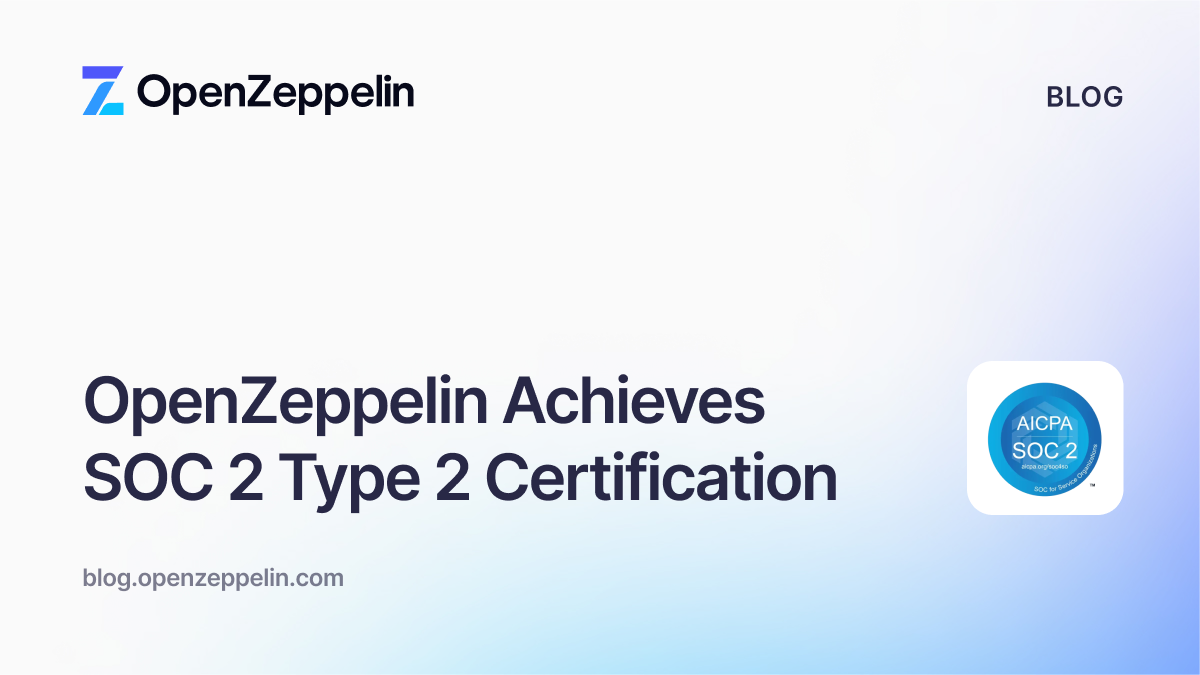Last month we announced zeppelinOS, the operating system for smart contract applications, and provided a technical explanation of how it will work.
As recent hacks have made clear, it’s very hard to securely build and interact with smart contract applications. This prevents the full breadth of decentralized applications to reach their full potential. zeppelinOS aims to solve this is by aligning network incentives to establish, grow and maintain an ecosystem for easy development of secure smart contract applications.
Today, we are releasing the first public version of the zeppelinOS whitepaper. It introduces the ZEP token which fuels the ecosystem, and dives into the mechanics of how it integrates with zeppelinOS components.
We believe that the best ideas are those that arise from collaboration. That is why we would like to share with you this working draft. 20+ people have already peer reviewed it, and now we are looking for community feedback on how we could improve it. Here’s the abstract:
Abstract
The blockchain ecosystem has seen an explosion in new protocols recently. These protocols promise to provide everything from traditional transfer of value to decentralized file storage. This is an exciting time as the blockchain industry can redesign and rebuild much of the traditional internet infrastructure. We have an opportunity to make it faster, easier and safer to deploy complex applications online, in a decentralized environment.
However, the industry has been plagued by security breaches and it is becoming clear that while the promise of blockchain technology is phenomenal, we need to approach this technology with caution. At the same time we want to make this technology as accessible as possible, fueling innovation and accelerating the move to a decentralized, open economy.
As an answer to these problems and opportunities, we propose zeppelinOS, an operating system for decentralized applications. zeppelinOS allows developers to easily build secure applications that use and combine existing protocols. zeppelinOS is made up of five distinct components: the kernel, the protocol marketplace, state channels, the scheduler and off-chain tools. We also propose a new token ZEP to fuel the zeppelinOS ecosystem. The token allows end users to seamlessly interact with zeppelinOS applications, is used as the primary governance mechanism for kernel upgrades and creates liquidity across protocols in the marketplace.
View the first version of zeppelinOS whitepaper
zeppelinOS will be a community effort to grow and protect a new economy powered by blockchain technologies. We look forward to building zeppelinOS, and to partnering with projects in the space that want to be part of it.
Subscribe to the zeppelinOS newsletter to learn more details about the project, and stay up-to-date with the next stages.


